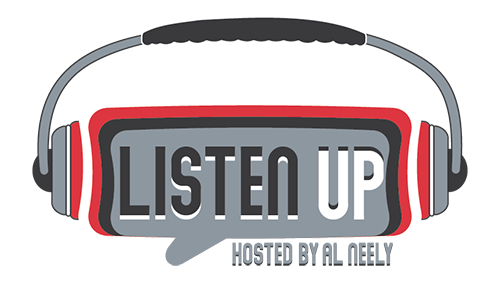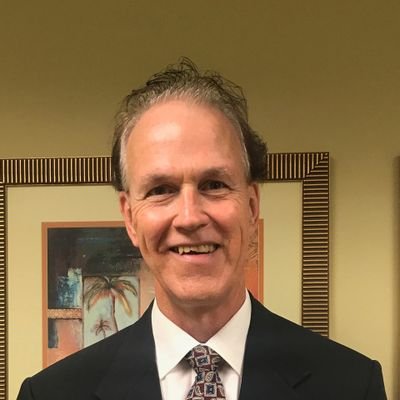Human trafficking remains one of the most devastating yet misunderstood criminal enterprises in the world today. In a revealing conversation with Patrick J. McKenna, Director of the Virginian Coalition Against Human Trafficking, we uncovered the disturbing reality of how human trafficking operates within Virginia and beyond.
Virginia represents what McKenna calls “a perfect storm” for trafficking activities due to its strategic position. With international airports in three different cities, two large ports, proximity to Washington DC, significant tourism in the Tidewater area, a large military presence, and major interstate highways, the state has become a hotspot for trafficking operations. This combination of factors creates an environment where trafficking can thrive if left unchecked.
One of the most compelling insights from the discussion was the realization that trafficking victims can come from any background. While vulnerability is the common thread exploited by traffickers, the stereotype of who becomes a victim is often misleading. McKenna shared a powerful example of a licensed clinical social worker with a master’s degree who fell into trafficking through an abusive relationship. This reveals the hard truth that education, socioeconomic status, or intelligence offer no guaranteed protection against the manipulative tactics of traffickers.
That said, certain populations do face heightened vulnerability. Young people between 10 years old through college age, LGBTQ+ youth, and children in foster care represent particularly vulnerable groups. The foster care system especially creates conditions where children become accustomed to being “monetized” – moved from home to home while others are paid to care for them – which traffickers later exploit. Additionally, these children often face limited resources when aging out of the system at 18 or 21, creating further vulnerability.
McKenna provided a clear definition of trafficking: the exploitation of vulnerability for profit, whether through sexual services, labor, or even organ harvesting. The methods of exploitation typically involve fraud (false promises of modeling careers, recording contracts, or sales opportunities), force, or coercion (threatening family members or leveraging addictions). The internet has dramatically expanded trafficking operations, especially during the pandemic when more young people were isolated and online.
Perhaps most disturbing is how trafficking victims become trapped in the system through criminalization. Many survivors are arrested for prostitution or other criminal activities they were forced to commit while being trafficked. These criminal records create barriers to housing, education, employment, and even victim services, making it nearly impossible to escape the cycle. McKenna has been instrumental in creating legislation that allows for “vacatur” – a legal process that recognizes victims were forced into criminal activity and removes these convictions from their records.
Recognizing potential trafficking situations requires understanding contextual red flags. In healthcare settings, these might include patients accompanied by controlling individuals who won’t let them speak or translate for them. In educational environments, sudden behavioral changes like falling asleep in class, becoming withdrawn, or displaying unusual aggression might signal trafficking. For the general public, warning signs include much older adults with very young companions, young salespeople without identification or phones, or construction/service workers living in poor conditions.
The podcast concludes with McKenna’s personal story of how his daughter’s high school term paper on human trafficking opened his eyes to the issue, leading to his involvement that has helped pass over 50 bills protecting survivors. His powerful message reminds us that while no one can do everything, everyone can do something. Whether it’s educating ourselves, calling legislators, supporting survivor services, or simply being vigilant to suspicious situations, each of us has the power to make a difference in the fight against human trafficking.
Keep an Eye Out: Content available on buzzsprout.com on 07/16/2025 @ 9am!
(Link to episode will be here 07/16/2025 @ 9am)


